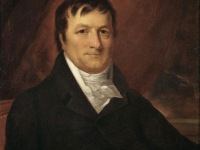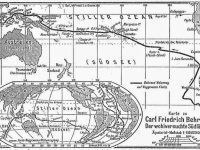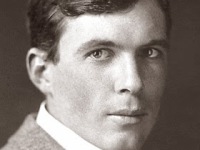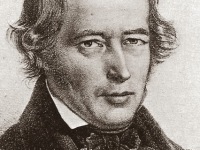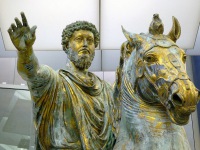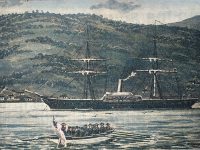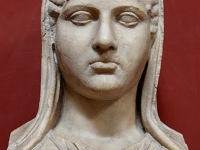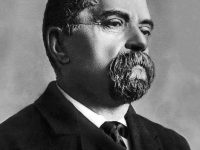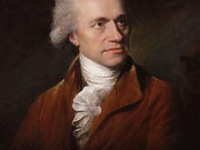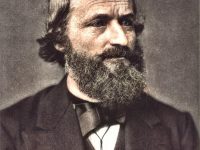John Jacob Astor and the American Fur Company
On April 6, 1808, Johann Jacob Astor founded the American Fur Company in New York. The company grew to monopolize the fur trade in the United States by 1830, and became one of the largest businesses in the country and John Jacob Astor became the first multi-millionaire in the United States. “The first hundred thousand—that was hard to get; but afterwards it was easy to make more.” – James Jacob Astor, quoted…
Read more

